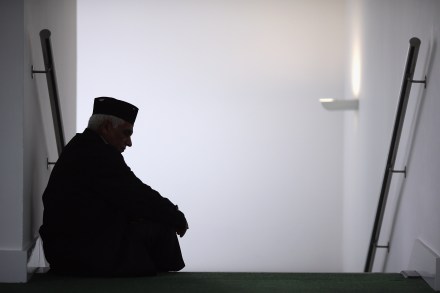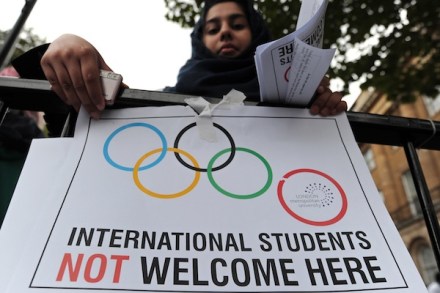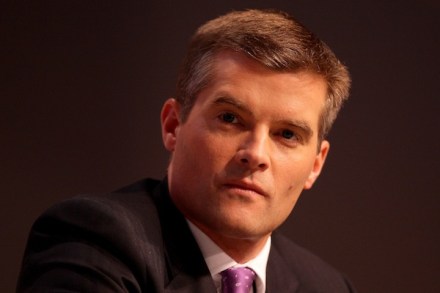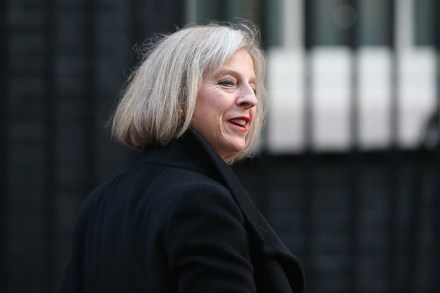The British people are not wrong about everything
Imagine that you’re a passenger in a car driving down a country road at 20mph. All of a sudden the driver hits the accelerator and you’re now zinging away at 60mph. If asked what speed you were going at, what would you say? I’d imagine probably something like 80mph, at least until you became accustomed to your new situation. Yesterday it was revealed that the British public have some quite wildly inaccurate perceptions about the true level of crime, teenage pregnancy and immigration. Presumably this was seen as evidence that, although the public have conservative views on these subjects, they are misinformed and therefore cool policy reasoning should be left to



















